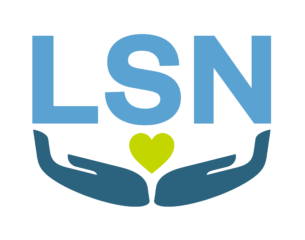What are eating disorders?
Eating disorders include extreme thoughts, emotions, & behaviors surrounding weight, food, & body shape. There is a pronounced disruption in eating behaviors & weight management as well as intense anxiety about body weight & size. Eating disorders are often a dangerous response to stress. They are serious emotional & physical problems that can have life-threatening consequences for females & males. The most common eating disorders are described below:
Anorexia Nervosa
- Restricted eating, self-starvation & excessive weight loss
- Intense fear of & obsession with weight gain & the idea of becoming “fat”
- Persistent behavior to prevent weight gain
- Self-esteem overly related to body image
- Body image is distorted- person may feel fat despite being underweight
- Inability to appreciate the severity of the situation
Bulimia Nervosa
- Cycle of binge eating followed by purging
- Binge eating involves eating large amounts of food in a short period of time
- Feeling out of control during the binge
- Purging may include: Self-induced vomiting, abusing laxatives / diuretics, fasting, abusing diet pills, or excessively exercising
- Extreme concern with body weight & shape
Binge Eating Disorder
- Recurrent binge eating episodes which involve periods of uncontrolled, impulsive, or continuous eating beyond the point of feeling comfortably full
- Sense of lack of control over eating during the episode; feeling like you can’t stop
- Binge eating episodes often associated with:
- Eating more rapidly than usual
- Eating large amounts of food when not physically hungry
- Eating alone due to embarrassment
- Feeling disgusted, depressed or guilty after a binge
- May involve fasts, repetitive (yo-yo) dieting & feelings of shame or self-hatred
Other Eating Disorders
- Eating disorders have a range of issues, signs, and symptoms. Some people who struggle with disordered eating do not have a full blown eating disorder; nonetheless, eating issues can be physically dangerous and emotionally draining.
Resources
If you find yourself continuing to struggle with body image despite your best efforts, it might be time to consider professional help.
Adapted from the DSM-5 & National Eating Disorders Association (2015): NationalEatingDisorders.org.

